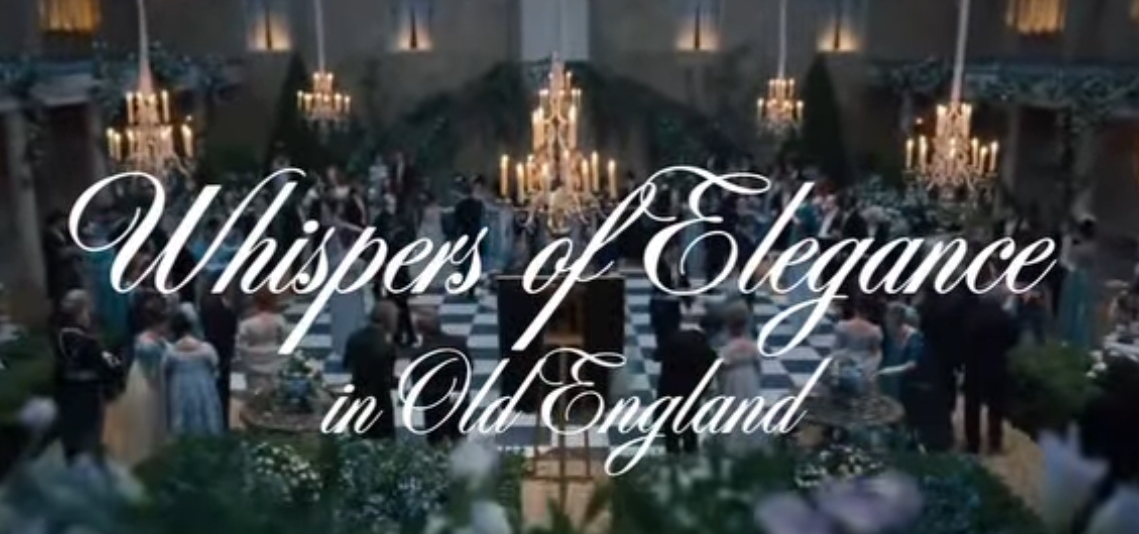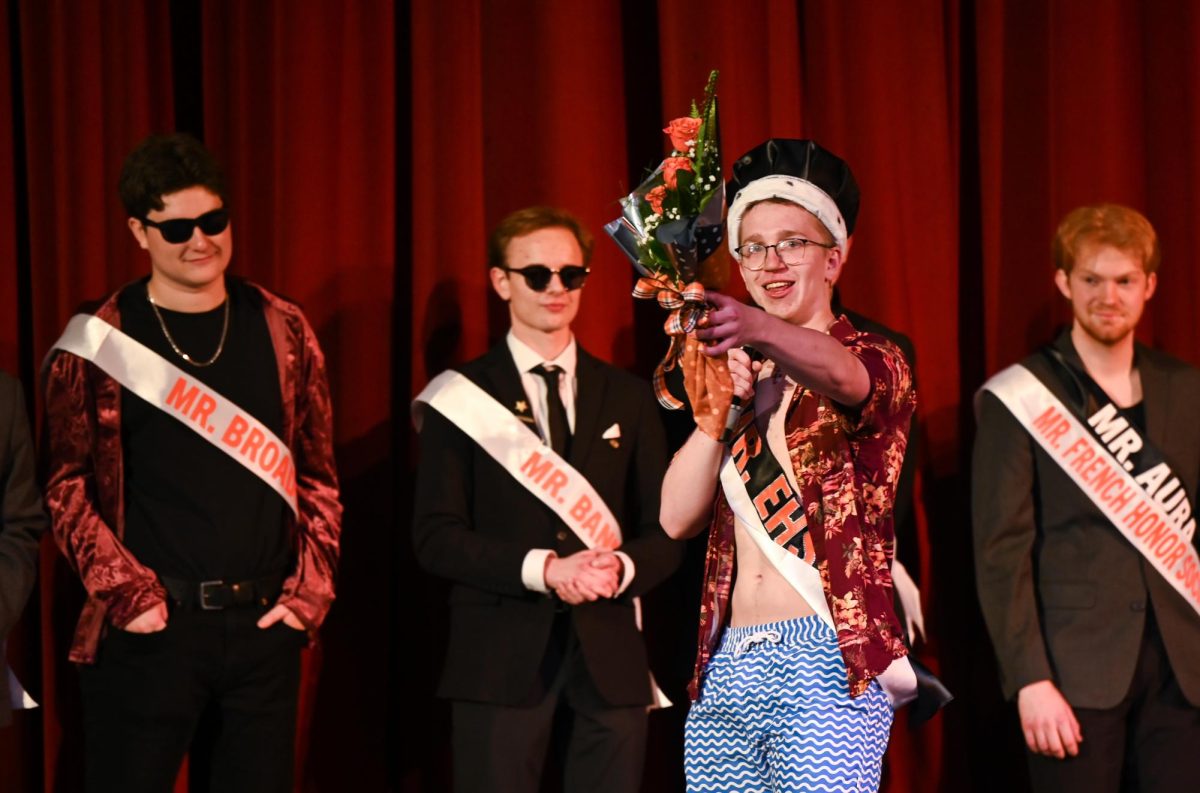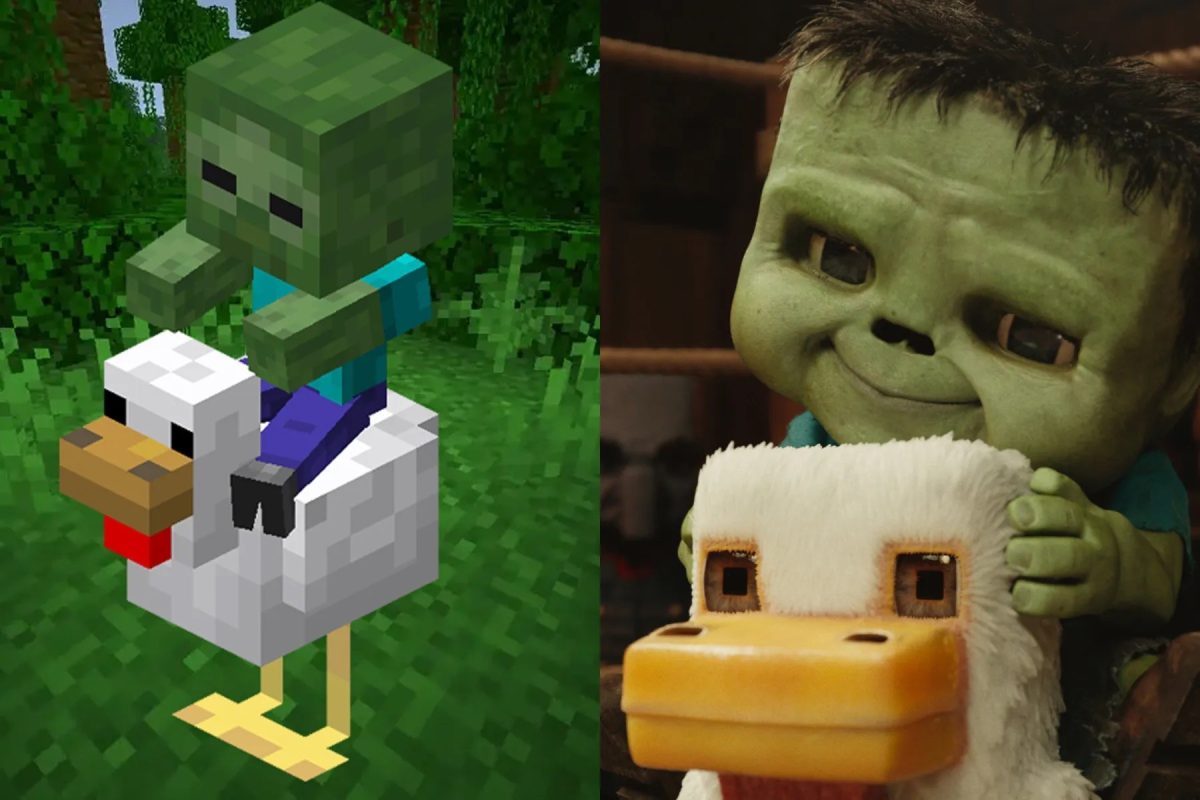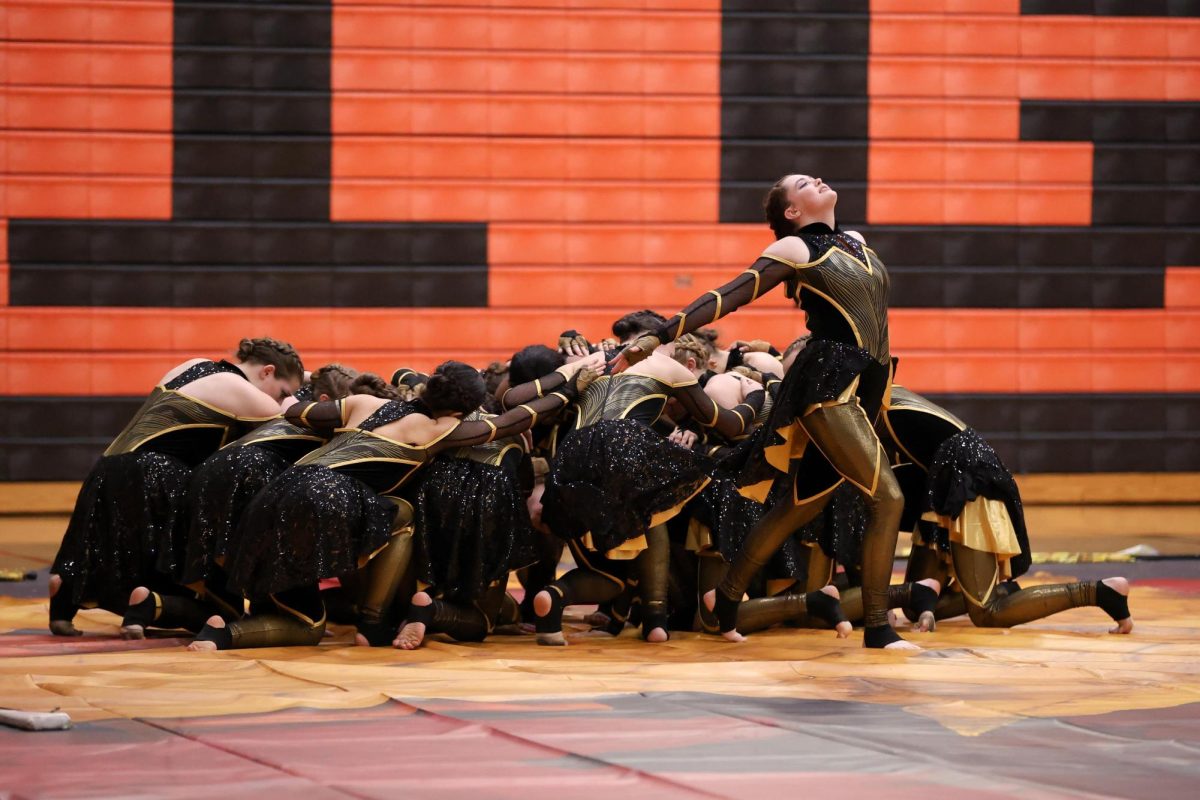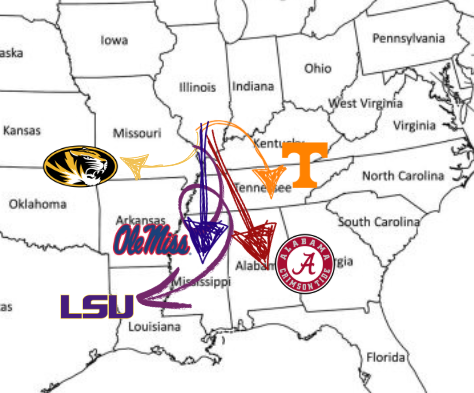Netflix’s ‘Dumplin’’ Encourages Self Love
October 23, 2019
Scrolling through the Netflix Originals page yields mainly commercial fiction: cheesy chick flicks, predictable mysteries, formulaic romances. But the 2018 film “Dumplin’”defies that standard with a memorable message.
Willowdean “Dumplin’” Dickson (Danielle McDonald), a plus-sized teenager growing up in the mid-2000s, enters the Miss Teen Bluebonnet beauty pageant in her tiny Southern hometown, Clover City, partly to honor her beloved late aunt, Lucy (Hillary Deckley), and partly to spite her vain mother, the pageant’s director (Jennifer Aniston).
Since her youth, Willowdean has been taunted for her weight. Her mother even joins in, christening her with the nickname “Dumplin’” with her shape in mind. Lucy, contrastingly, empowers her by teaching the value of loving yourself for who you really are.
Although self acceptance is a common theme in teen movies (see “The Princes Diaries” or “She’s All That”), the mechanism for it is usually a dramatic makeover. In “Dumplin’” it’s anything but.
In protest of the unrealistic beauty standards that pageants encourage, Willowdean forgoes the traditional crash-diets and intense exercises that the other contestants practice in favor of staying exactly the way that she is.
Guided by memories of Lucy and their shared love of inspirational Dolly Parton music, Willowdean stumbles upon the best coaches she could possibly find to enhance her performance for the pageant’s talent requirement.
The Dolly Parton drag queens employed at a nightclub to which she was illegally granted access — the bouncer knew her aunt — show Willowdean their flamboyant performance techniques, not just bolstering her confidence, but also teaching her to celebrate herself and what she loves.
On the night of the pageant, Willowdean performs a magic trick while lip-syncing to her favorite Dolly Parton jam, “Here You Come Again.” Yes, the audience and her mother are predictably receptive, even erupting in cheers, but this scene just melted my heart.
It represents all the negative thoughts she’s entertained about herself being cast away to clear a path for her epiphany — that it doesn’t matter what other think of her as long as she loves herself.
Yes, “Dumplin’” resembles self-acceptance films that precede it. But not entirely — it has substance. She doesn’t win the pageant; she doesn’t have to. She’s satisfied with sending the message that people of every age need to hear: you don’t need a makeover to be accepted or to accept yourself.
Quoting Dolly Parton, one of the drag queens, Lee, said it best.
“Find out who you are, and do it on purpose.”




